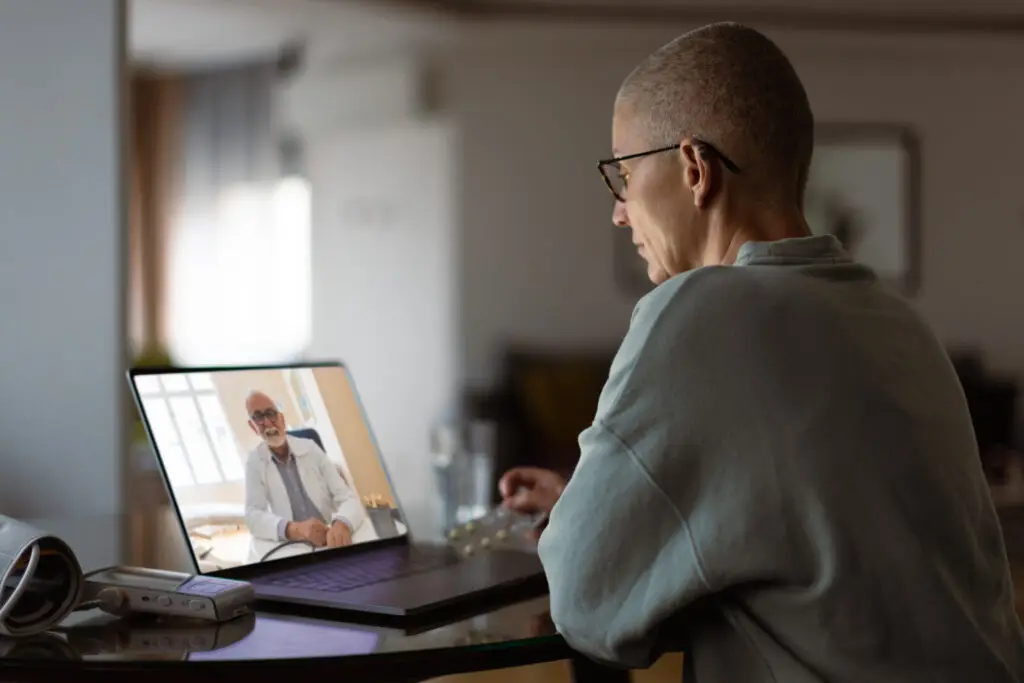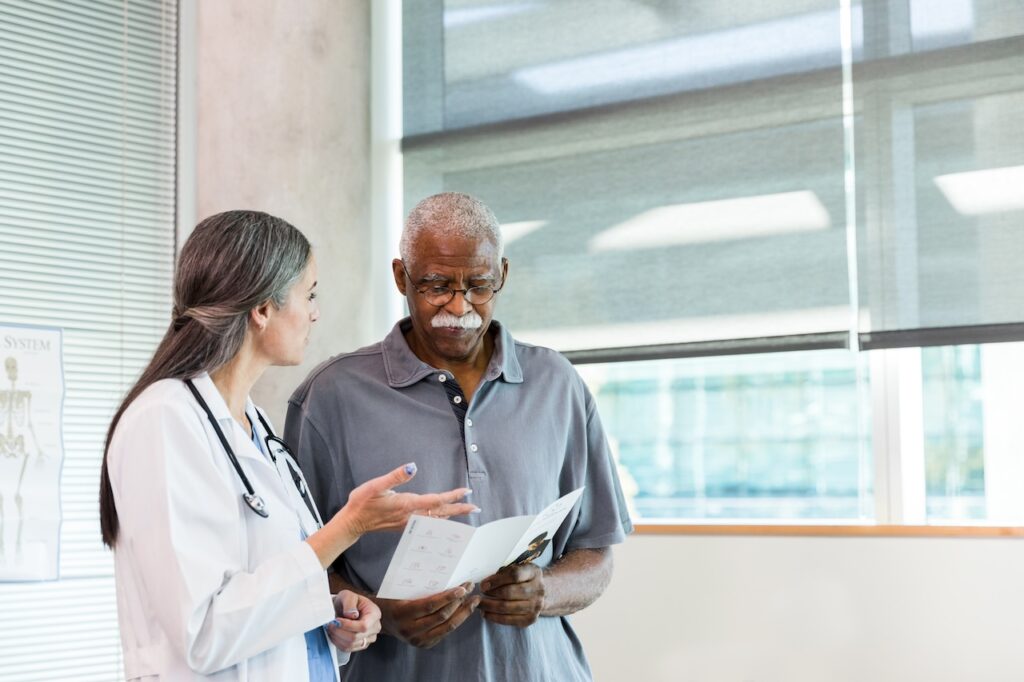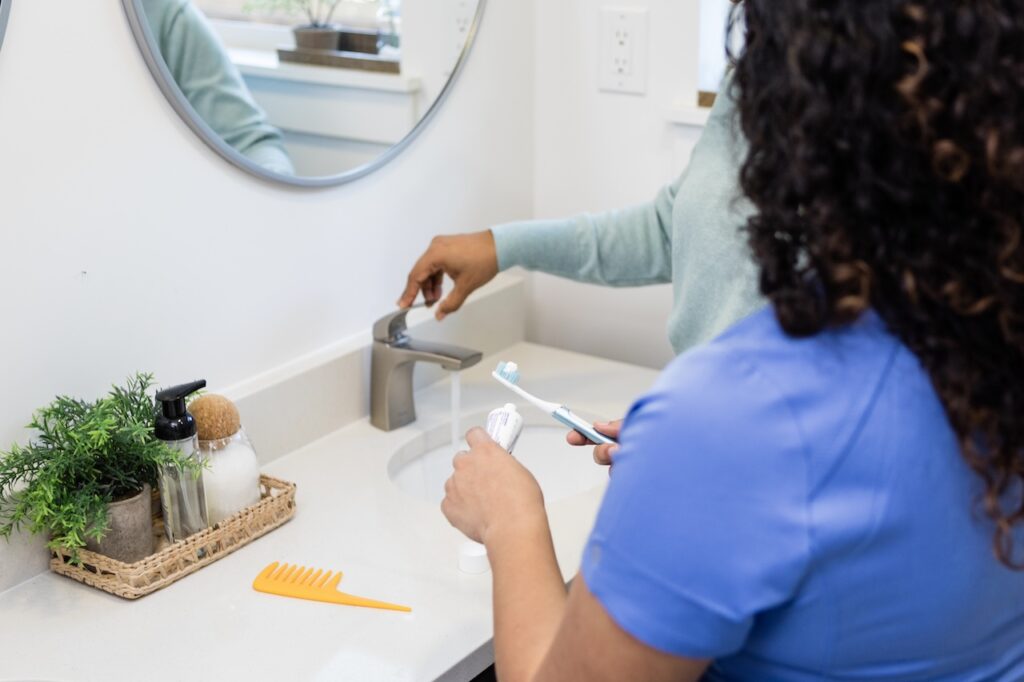Receiving a cancer diagnosis can be a profound and unsettling experience, filled with uncertainty and the need for swift, decisive action. In these critical moments, considering a second opinion is a proactive step that can significantly influence your treatment approach. This isn’t about questioning expertise but ensuring that your diagnosis and treatment plan are as accurate and effective as possible. There are two primary types of second opinions you might consider, including medical oncology and pathology second opinions. Each serves a unique purpose in reinforcing your treatment strategy.
A second opinion consultation with another medical oncologist involves a thorough review of your diagnosis and recommended treatment plan. Different specialists might have varying experiences and insights, especially with specific types of cancer or newer treatment modalities. A medical oncology second opinion can confirm your initial treatment plan, suggest modifications, or offer alternative therapies.
Evidence-based guidance powered by NCCN Guidelines®
Personalized treatment plans shaped by the latest oncology standards—tailored to your diagnosis.
Get started
View your personalized treatment plan in the Outcomes4Me app
Use your diagnosis to unlock personalized NCCN Guidelines®-aligned recommendations.
Continue in app
Your treatment protocol is often based heavily on the results of your pathology report, so the accuracy of this document is crucial. A pathology second opinion involves having another pathologist review the tissue samples from your biopsy to confirm the type and stage of cancer. Errors in pathology can lead to misdiagnosis or inappropriate treatment, making a second review critical for your care.
When seeking a second opinion, you have the choice between research or academic institutions and community oncology practices. Each setting offers distinct advantages for you to consider for your specific circumstances.
Research institutions like Memorial Sloan Kettering or City of Hope are known for pioneering cutting-edge treatments and conducting clinical trials, these centers often have specialists who are leading experts in rare or complex cancer types. They can provide access to the latest therapies and offer insights that might not be available in more general settings.
Community oncology practices, on the other hand, are generally more accessible and can provide a high standard of care with the convenience of being closer to home. They often excel in patient-centric care, focusing on integrating treatment with your lifestyle and support network.
Second opinions are very important when you are first diagnosed but if your cancer recurs, it’s particularly crucial to seek a second opinion. Recurrence means revisiting your treatment strategy, and what might have been the best approach initially could have changed with advancements in treatment and technology. A second opinion at this stage can uncover new options or confirm the need to continue with the current plan.
Steps to approach seeking a second opinion
- Discuss with your primary oncologist: They can provide recommendations and often encourage second opinions to ensure their treatment plan is the best course of action.
- Check insurance coverage: Verify what your insurance covers regarding second opinions to avoid unexpected expenses.
- Organize your medical documents: Collect all relevant medical records, including pathology reports and imaging, to provide the consulting physician with comprehensive data.
- Prepare specific questions: Knowing what you want from a second opinion will make the consultation more effective. List any questions or concerns you might have about your diagnosis and potential treatments.
Seeking a second opinion is a step towards empowering yourself in your treatment decisions. At Outcomes4Me, we believe that every cancer patient deserves access to thorough and diverse perspectives on their care. By actively engaging with your treatment options and seeking the best advice available, you place yourself in the best position to manage your health proactively.
———————————————————————————
Navigating cancer treatment options can be complex, but you don’t have to do it alone. The Outcomes4Me app is designed to empower you by providing personalized, evidence-based information about your diagnosis and treatment options. Access up-to-date treatment guidelines, find expert second opinions and connect with support networks—all at your fingertips.
Download the Outcomes4Me app today and start making informed decisions about your care. Empower yourself with knowledge and take an active role in managing your health with the tools and resources you need when you need them most.
Personalized support for real care decisions
Understand your diagnosis, explore clinical trials, and track symptoms--all in one place.
Get started
Compare treatments, prepare for appointments, and track side effects—all in the app
Built for your diagnosis, Outcomes4Me gives you the tools to make confident, informed decisions—right when you need them.
Continue in app






